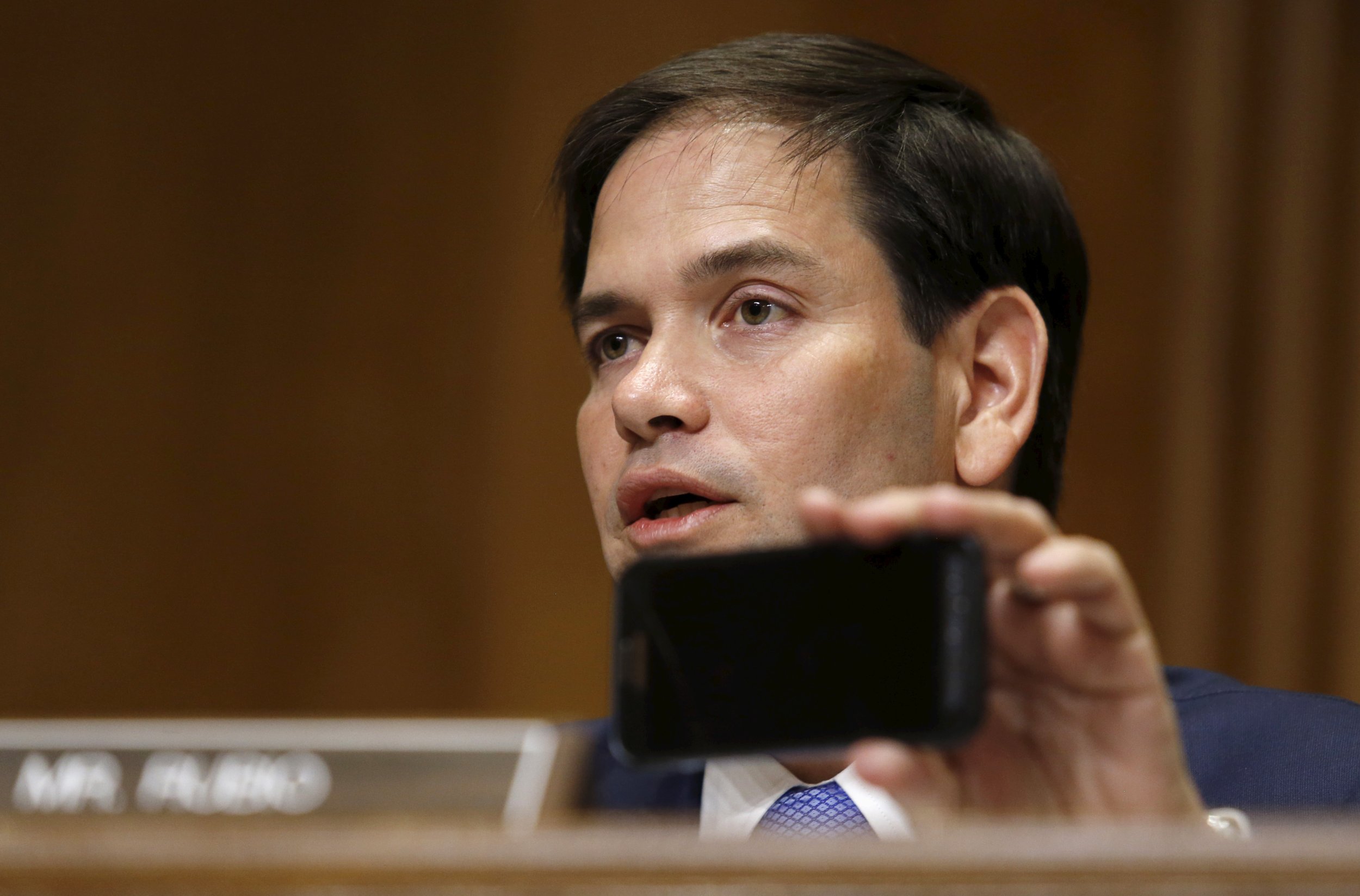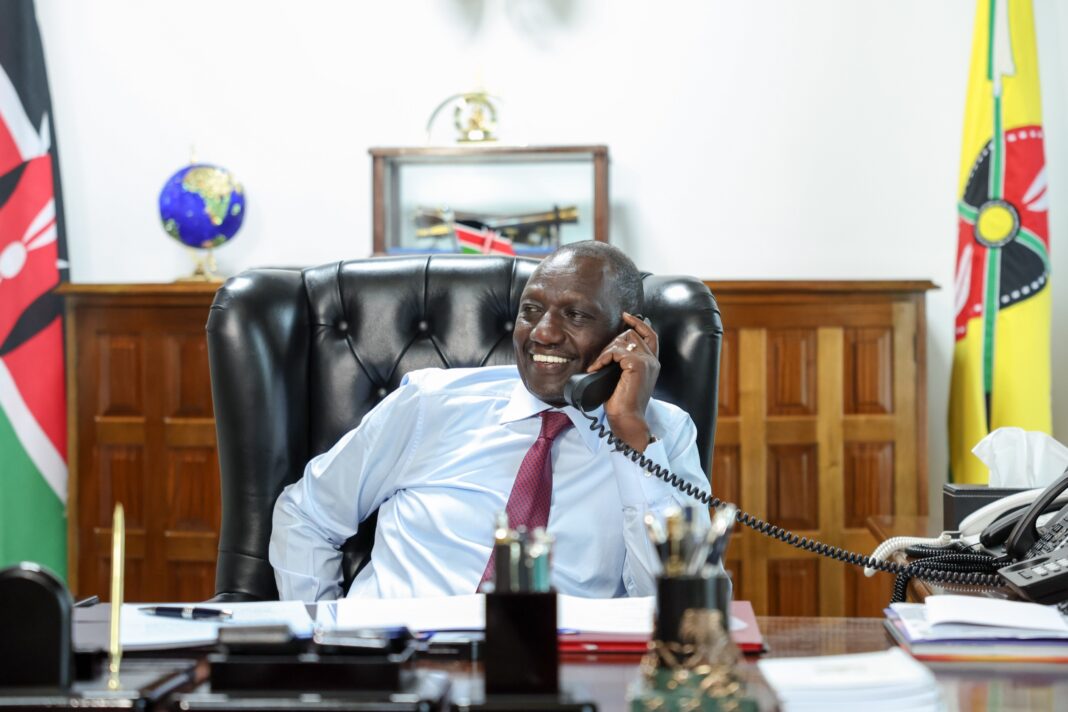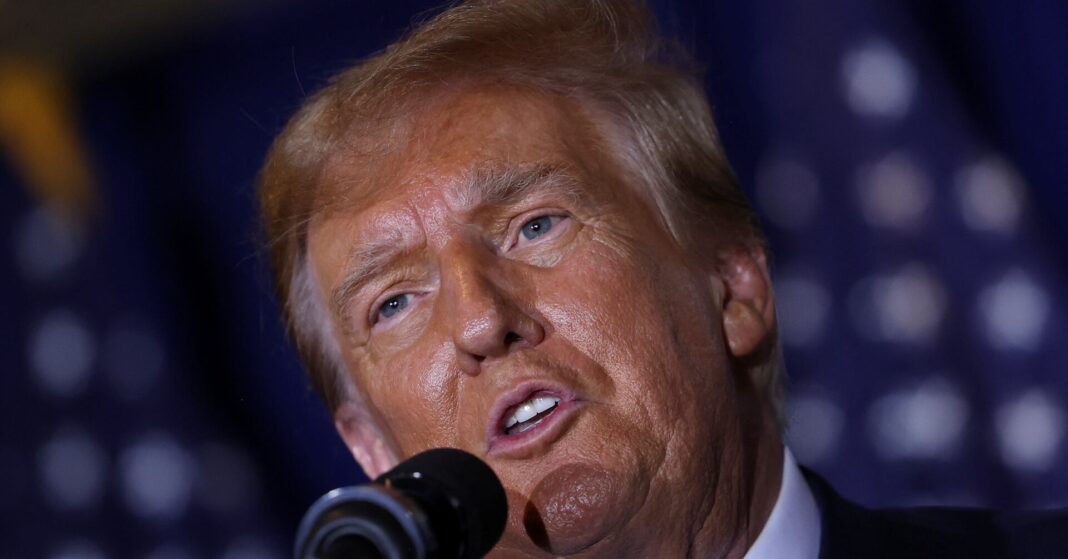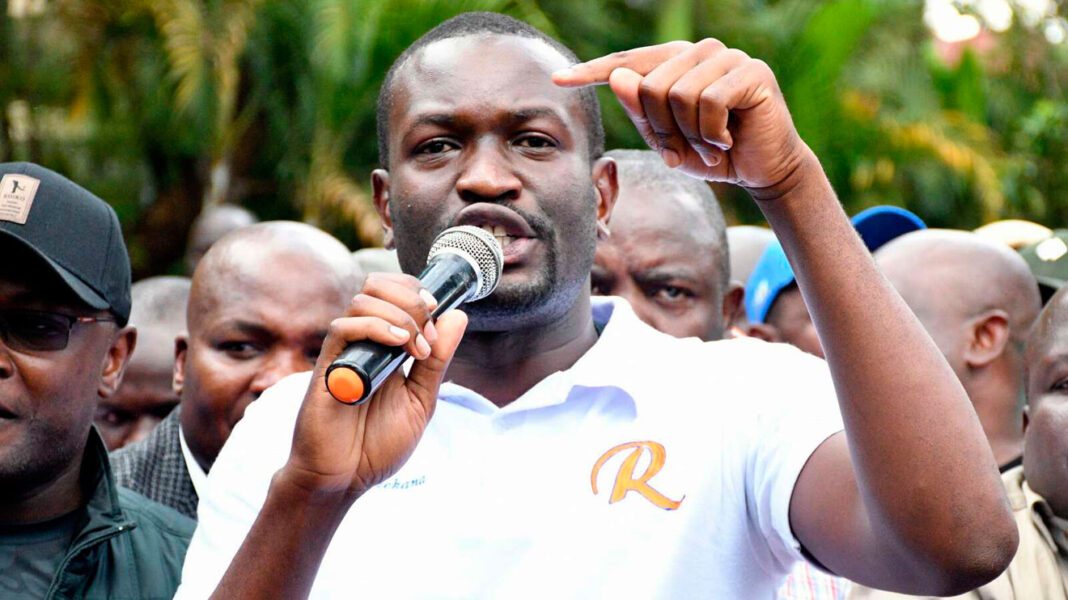Kenya’s President William Ruto spoke with U.S. Secretary of State and National Security Advisor Marco Rubio only hours after the U.S. Embassy issued a new travel alert on Kenya.
The timing of the talks has raised eyebrows across diplomatic and political circles. With Kenya facing security questions at home and abroad, Ruto emphasized global cooperation while pushing for stronger U.S. backing on international peacekeeping missions, particularly in Haiti.
The call underscored the delicate balance Nairobi must strike amid rising insecurity warnings and global geopolitical demands.

U.S Travel Advisory Shadows Ruto Rubio Talks
The U.S. travel advisory targeting Kenya has put the country under renewed international scrutiny. The advisory, issued just hours before the high-profile phone call, flagged potential risks to American citizens, a move that has historically unsettled Kenya’s vital tourism and investment sectors.
Yet, Ruto pressed forward with diplomacy. He announced that his talks with Secretary Rubio focused on strengthening bilateral relations, stabilizing global trouble spots, and aligning Kenya more closely with U.S. security objectives.
At the center of their discussion was Haiti, where Kenyan police are leading the UN-backed Multinational Security Support (MSS) mission. Ruto stressed the urgency of setting up a United Nations support office in Port-au-Prince to bolster the overstretched operation. The proposal is not new—UN chief António Guterres has previously supported the idea—but the Kenyan president’s direct appeal to Washington comes at a moment when Haiti’s crisis has intensified.
The travel advisory’s shadow looms large, however. While Kenya is keen to project strength abroad, critics argue that warnings of insecurity at home threaten to undermine Ruto’s diplomatic messaging.
Haiti Mission Tested by Funding Gaps and Gang Wars
Ruto and Rubio agreed that a UN support office would be critical to sustaining Kenya’s peacekeeping role in Haiti. The office would provide logistical aid, medical facilities, and accommodation for the MSS forces, which continue to face overwhelming gang violence.
The urgency is clear. Haiti declared a three-month state of emergency in its central region after violent clashes spread across key agricultural zones. With 1.3 million people displaced and more than 3,100 killed in 2025 alone, the MSS faces an uphill battle.
Despite international attention, Haiti’s crisis remains underfunded. The UN revealed earlier this month that its efforts were just 9.2 per cent financed—an alarming figure that leaves missions like Kenya’s dangerously exposed. Ruto’s appeal to Rubio, therefore, doubles as a call for financial muscle from Washington to prevent the mission’s collapse.
Regional Security and Kenya U.S. Relations
Beyond Haiti, Ruto and Rubio broadened their discussions to Africa’s volatile regions. They reaffirmed support for the East African Community (EAC) and Southern African Development Community (SADC) interventions in the Democratic Republic of Congo, signaling continued U.S. interest in African peacekeeping.
Domestically, the conversation comes as whispers in Washington hint at revisiting Kenya’s potential designation as a non-NATO ally. Such a status would deepen military and security cooperation, further tying Kenya to U.S. strategic interests.
Still, the backdrop of the U.S. travel advisory complicates the optics. Kenya is simultaneously being flagged as a security risk for foreigners while its leader is being courted as a reliable partner abroad. That tension, analysts say, highlights the paradox of Kenya’s position: a frontline state in global security yet dogged by its own vulnerabilities.


